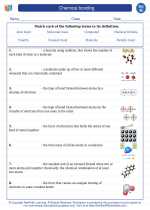What is Oxidation?
Oxidation is a chemical reaction that involves the loss of electrons by a substance. It is commonly associated with the addition of oxygen to a compound or the removal of hydrogen from a compound.
Oxidation in Biological Systems
In biological systems, oxidation is a key process involved in cellular respiration, where glucose is oxidized to produce energy in the form of ATP. This process involves the transfer of electrons from glucose to oxygen, resulting in the production of carbon dioxide and water.
Oxidation in Environmental Science
In environmental science, oxidation can occur in natural processes such as the rusting of iron, the burning of fossil fuels, and the breakdown of organic matter. These processes involve the reaction of substances with oxygen in the environment.
Oxidation in Materials Science
Oxidation is a concern in materials science, as it can lead to the degradation and corrosion of metals and other materials. The formation of rust on iron is a common example of oxidation in materials science.
Oxidation-Reduction Reactions
Oxidation is often part of a larger class of chemical reactions known as oxidation-reduction (redox) reactions. In a redox reaction, one substance is oxidized (loses electrons) while another substance is reduced (gains electrons).
Examples of Oxidation
Some common examples of oxidation include the combustion of fuels, the browning of an apple when exposed to air, and the tarnishing of silver when it reacts with sulfur compounds in the air.
Importance of Oxidation
Oxidation is a fundamental process in chemistry with wide-ranging implications in various scientific disciplines. Understanding oxidation is crucial for understanding chemical reactions, energy production, environmental processes, and material degradation.
.◂Science Worksheets and Study Guides Eighth Grade. Chemical bonding
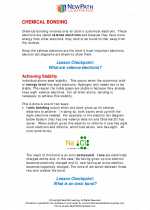
 Worksheet/Answer key
Worksheet/Answer key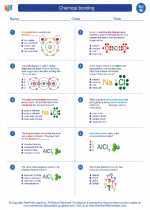
 Worksheet/Answer key
Worksheet/Answer key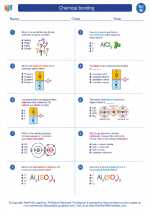
 Worksheet/Answer key
Worksheet/Answer key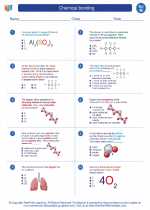
 Vocabulary/Answer key
Vocabulary/Answer key